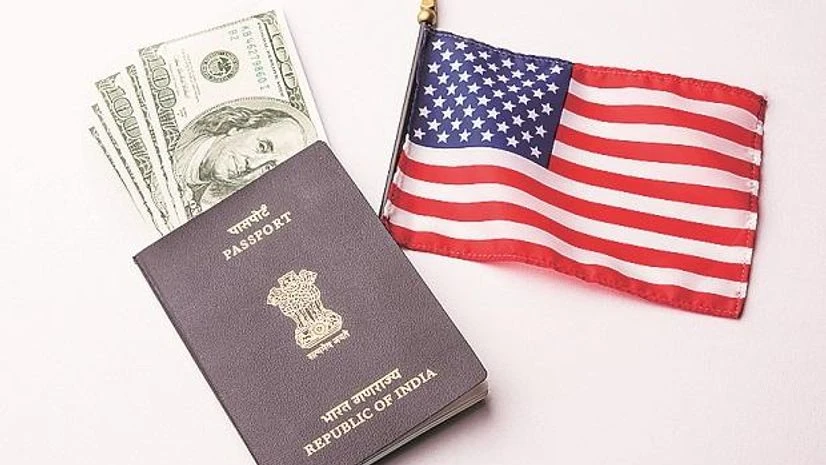An IT advocacy group representing over 1,000 small technology companies mostly run by Indian-Americans has filed a lawsuit against the US immigration agency for issuing H-1B visas for a shorter duration instead of a period of up to three years.
The H1B visa is a non-immigrant visa that allows US companies to employ foreign workers in speciality occupations that require theoretical or technical expertise. The technology companies depend on it to hire tens of thousands of employees each year from countries like India and China.
These visas are typically issued for three to six years to employers to hire a foreign worker.
The Trump administration has tightened the noose on firms violating H-1B visa rules. President Donald Trump has himself accused many IT companies of abusing the work visas to deny jobs to American workers.
Based out of Dallas in Texas, the ITServe Alliance in its 43-page lawsuit filed last week alleged that the US Citizenship and Immigration Services (USCIS) has recently begun a practice of approving H-1B petitions for shorter than three years durations.
“These petitions are often valid for only months or days at a time, and some cases are expired by the time the approval is received,” it said.
More From This Section
ITServe lawsuit against the USCIS alleges that the agency has no authority to misinterpret the existing regulations and shorten the approval durations.
In fact, the United States Congress has specifically granted power to the Department of Labour (DOL) to grant three-year approvals, the lawsuit said.
The lawsuit also alleges that the itinerary requirement put forth by the USCIS is also unlawful.
This is the second lawsuit filed by ITServe against USCIS. In the first lawsuit filed in July 2018, ITServe demanded USCIS to remove language from their website prohibiting F-1 STEM OPT students working at the third part client locations.
“The USCIS has been making arbitrary rules and memos for over eight years, it’s our top priority to set things right and hold USCIS accountable to follow the regulations set by the Unites States Congress,” said ITServe’s national president for 2018, Gopi Kandukuri.
Referring to the recent spate of H-1B denials that ITServe members received, Kandukuri added members of ITServe Alliance are tired of receiving random denials for no reason.
“The new battlefield for us is the federal courthouse and not USCIS service centers,” he said.
The H1B visa allows an individual to reside for a duration of three years extendable to six years. The Immigration Act of 1990 limits the number of visas to 65,000 per fiscal year.
The Trump administration issued a new rule in 2017 that made the procedure of issuing H1-B visas to those to be employed at one or more third-party worksites very tough.
Under the policy, the company would have to go the extra length to prove that its H1-B employee at a third-party worksite has specific and non-qualifying speculative assignments in a speciality occupation.
The new move announced empowers the USCIS to issue H-1B visas to an employee only for the period for which he/she has worked at a third-party worksite.
(Only the headline and picture of this report may have been reworked by the Business Standard staff; the rest of the content is auto-generated from a syndicated feed.)

)
